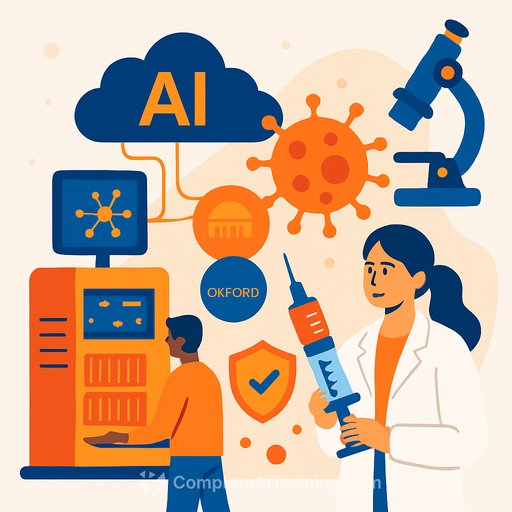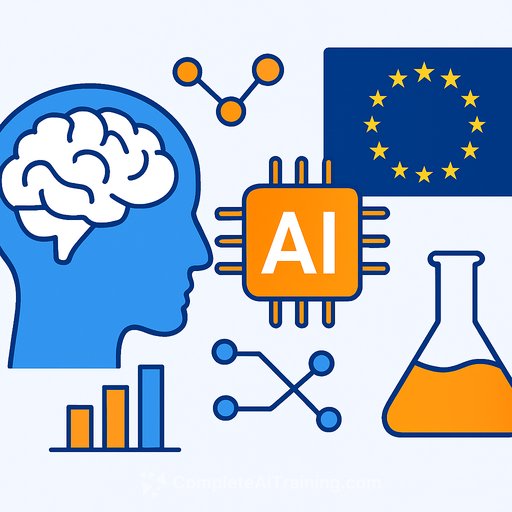AI Supercomputer Accelerates Cancer Vaccine Research
Researchers at the University of Oxford's Nuffield Department of Medicine have gained access to Dawn, one of the UK's most powerful AI supercomputers. This resource will be available for 10,000 hours under a government initiative to support vaccine development targeting cancer.
The team will analyze tens of thousands of cancer patient data sets to identify hidden patterns that could inform vaccine design. The scale and speed of AI processing enable insights that would be difficult to achieve using traditional methods.
Complex Data, Faster Insights
Cancer's biological complexity poses a significant challenge for researchers. The Dawn supercomputer allows rapid processing of large volumes of data, helping the team detect subtle but important patterns across diverse cancer types.
This approach supports the goal of developing vaccines capable of targeting tumor-specific antigens, improving treatment specificity and effectiveness.
Contributing to Open Research
Findings from this project will be integrated into the Oxford Neoantigen Atlas, an open-access platform that aids cancer vaccine research throughout the UK. This collaborative resource supports scientists working on personalized immunotherapies.
The project lead emphasized that this technology enables vaccine designs previously out of reach, potentially opening new avenues in cancer treatment.
- Access to high-powered AI accelerates analysis of complex biological data.
- Patterns identified could guide development of effective personalized vaccines.
- Integration with the Oxford Neoantigen Atlas promotes wider research collaboration.
For professionals interested in AI applications in biomedical research, exploring relevant AI courses can provide valuable skills. Resources such as Complete AI Training offer comprehensive programs tailored to scientific data analysis and AI-driven research.
Your membership also unlocks:






